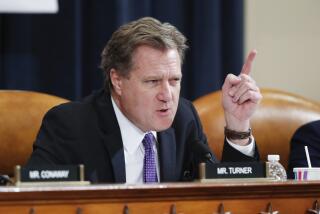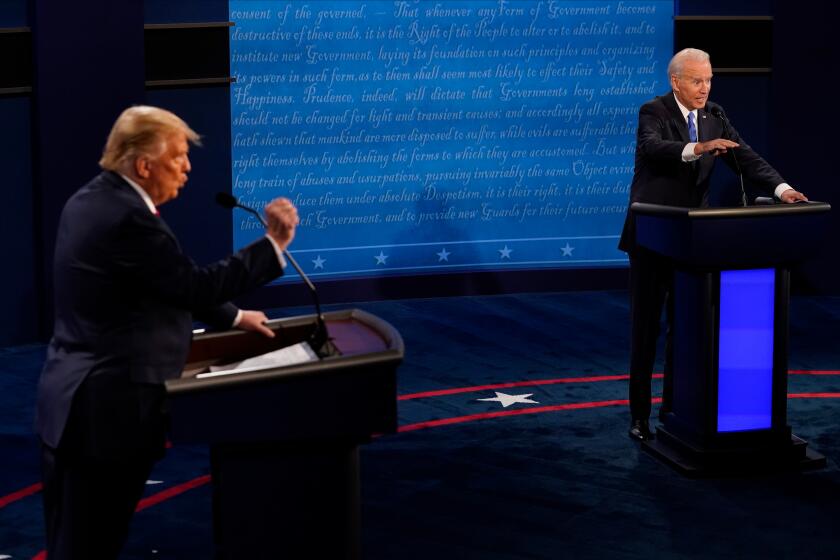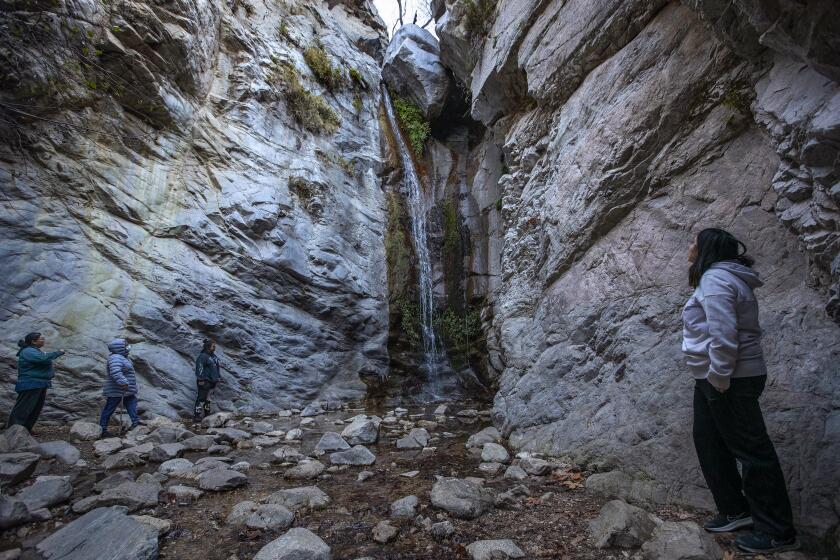Washington, be wary of a war on leaks
Leaks of confidential government information are nothing new in Washington. But a recent spate of news stories about national security operations has emboldened advocates of new punishments for revealing classified information. Some of these latter-day “plumbers” would target not just the leakers but also journalists. At the risk of seeming to defend our own vested interests, we would caution against such an escalation in the war on leaks.
At a recent hearing of a House Judiciary subcommittee, Rep. Trey Gowdy (R-S.C.) suggested that federal prosecutors should subpoena journalists and demand the names of their sources who provide classified information. “Put them in front of the grand jury,” Gowdy said. “You either answer the question or you’re going to be held in contempt and go to jail, which is what I thought all reporters aspire to do anyway.”
At the same hearing, a retired Army intelligence officer named Kenneth Allard fulminated about a New York Times reporter who disclosed that the U.S. had engaged in cyber attacks on Iran’s nuclear program. Accusing the reporter, David Sanger, of “systematically penetrating the Obama White House as effectively as any foreign agent,” Allard called for an investigation of whether Sanger had violated the Espionage Act.
In June, Sen. John McCain (R-Ariz.) called for the appointment of a special prosecutor to investigate leaks he said were designed to portray President Obama as a strong leader, a move that could make it easier for investigators to question journalists before a grand jury. Sen. Dianne Feinstein (D-Calif.), the chairwoman of the Intelligence Committee, has called for “additional authorities and resources … to identify and prosecute those who violate various federal laws and nondisclosure agreements by revealing highly classified information,” although she has not called for journalists to be punished.
In our system, government can and does strive to keep secrets. And in many cases, that’s reasonable: It’s hard to run an intelligence service or fight a war without holding back some information. But when confidential information does come into the possession of a free press, both the courts and the executive branch often (though not always) have recognized that legal action against journalists poses a threat to the 1st Amendment. Take the Espionage Act, which authorizes the prosecution of someone who “willfully communicates, delivers [or] transmits” information related to national defense. Although PresidentGeorge W. Bushflirted with the idea at one point, the act has not been used to target journalists for 70 years.
A similar restraint has characterized the Justice Department’s policy on reporters’ sources. Under guidelines honored by administrations of both parties, “all reasonable attempts should be made to obtain information from alternative sources before considering issuing a subpoena to a member of the news media.” Moreover, “no subpoena may be issued to any member of the news media or for the telephone toll records of any member of the news media without the express authorization of the attorney general.” If, as McCain suggested, the Obama administration appointed an independent prosecutor to probe leaks, subpoenas could be issued to reporters without the attorney general’s permission. That occurred in the investigation of leaks of the fact that Valerie Plame was a CIA operative. Although special counsel Patrick Fitzgerald followed Justice Department procedures in exhausting other sources before he subpoenaed journalists, he did not need approval by anyone else to do so. New York Times reporter Judith Miller was jailed for 85 days for refusing to disclose conversations with confidential sources in that case.
The Obama administration has been aggressive in pursuing alleged leakers, bringing civilian charges in five cases, in addition to a military charge against Pfc. Bradley Manning, who is suspected of providing classified material to WikiLeaks. Atty. Gen. Eric H. Holder Jr. has appointed two U.S. attorneys to investigate recent national security leaks, and Congress is free to enact new measures to deter government employees from violating the rules on classified information. But the public has been well served by a policy of focusing on leakers, not reporters. In its agitation over the latest leaks, Congress shouldn’t disturb that balance.
More to Read
A cure for the common opinion
Get thought-provoking perspectives with our weekly newsletter.
You may occasionally receive promotional content from the Los Angeles Times.






